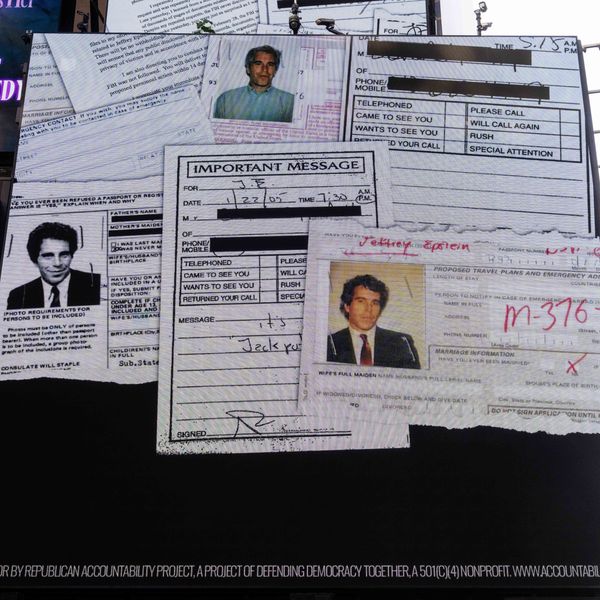US army prosecutors claim to have found email correspondence between alleged WikiLeaks source Bradley Manning and Julian Assange, the founder of the whistleblowing website.
Manning is said to have expressed hope in an email to Assange that publishing a file of hundreds of thousands of classified reports on Iraq and Afghanistan would prove "one of the more significant documents of our time, removing the fog of war and revealing the true nature of 21st century asymmetrical warfare".
Prosecutors made the allegation on the fourth day of a hearing at Fort Meade, Maryland, on whether the suspect will face a court-martial for alleging leaking thousands of classified documents while working as an intelligence analyst in Iraq.
The email is said to have been discovered on a memory card found in the soldier's belongings after they were shipped back to his aunt's house. It contained 400,000 records of "significant activities" from Iraq and 91,000 from Afghanistan.
The author suggested the recipient might want to "sit on this information to figure out how best to release such a large amount of data".
Other files found on either the memory stick or Manning's personal laptop contained contact information for Assange and instructions on how to upload data to WikiLeaks, the court was told.
Mark Johnson, a computer forensics expert, testified that his investigations found computers used by Manning had been used to send information to WikiLeaks.
Johnson said he had also found reference on a chat room "buddy list" to a contact using the alias "Press Association" - the name of a UK news agency. This, it was claimed, was an alias for Assange.
As proceedings continued in public and private sessions, two supporters of Manning fell foul of the military authorities. Daniel Ellsberg, who leaked the Pentagon Papers to the New York Times in 1971, was escorted out of court when he approached Manning during a recess to introduce himself. He was later allowed to return.
Daniel Choi, a soldier kicked out of the military for acknowledging his sexuality when it was prohibited under the "don't ask, don't tell" policy, was ejected from Fort Meade after allegedly ignoring a warning not to heckle military police. Choi denied heckling, and said he was treated roughly by police.
Hearings continued in public and occasionally private sessions, in a small courtroom with seats for only about 50. Seven of the witnesses testified by phone from Hawaii, Germany, Arizona and other locations, their voices coming over a speaker phone on the witness stand. Computer logs and other documents are projected on a huge screen and two large-screen monitors.
Manning appeared to be taking the proceedings calmly. During one of several recesses, he leaned back and sat casually in his chair, chatting with a soldier from the defence team.
Until Monday, Manning's defence attorneys largely focused on painting him as an emotionally troubled, gay solider serving in the US military's "don't ask, don't tell" era.
They have have yet to acknowledge or deny his responsibility for the leak of more than 250,000 diplomatic cables, and a classified military video of an American helicopter attack in Iraq that killed 11 people.
But on Monday defence lawyers began to raise the question of whether Manning was responsible for the leaks at all.
Manning's attorneys questioned Johnson and his boss David Shaver, an agent with the US army's computer crime investigative unit, about who could have used the soldier's computers. Johnson said Manning's computer was not password protected and that he "could not put anybody at the keyboard".
He acknowledged there was no forensic evidence to show that Manning sent any of the information that ended up being published by Wikileaks.
A further 10,000 cables stored in one file found on Manning's computer did not match any of those published by Wikileaks. Shaver said the file was damaged. "The file was corrupted and would have needed special tools for anyone to open," he said.
The defence has also pointed to a lack of security at the Forward Operating Base Hammer in Iraq where Manning was stationed. No passwords were required to access the cables and there was no prohibition on downloading cables, Shaver confirmed.
The USB ports on Manning's computers were blocked as part of army policy so he could not transfer material using a memory stick. But Manning had downloaded Roxio, a program for burning CDs, on to both of his computers and on Sunday Shaver told the hearing that he found a program on Manning's computer designed to allow the speedy downloading of files.
According to the prosecution Manning was able to download huge quantity of documents using the program, called Wget. Manning started using the program in early March 2010 and used it hundreds of times to illegally download classified files, according to the government.
The hearing also heard from Manning's former roommate in Iraq, Eric Baker, a military police officer. Baker portrayed manning as a loner computer geek. "I would wake up in the middle of the night and he would be using his computer," he told the court.
The pair began sharing a room on deployment to Baghdad in October 2009, but once he suspected Manning was gay, Baker broke off their conversations. "The gist of what you said to him was it is best we did not talk?" David Coombs, Manning's lawyer, asked. "Yes," the soldier replied.
Baker added that Manning once confided in him a desire to leave the army. "I remember him saying this wasn't for him," he told the court.
Manning is charged with aiding the enemy and violating the Espionage Act. Aiding the enemy is a capital offence, but army prosecutors have said they will not seek the death penalty. If convicted, Manning could be sentenced to life in prison.
The hearing is due to end on Friday.

